The Surprising Way Black Pepper Protects Your Plants From Pests

There’s nothing like lovingly planting your garden… only to come back and find that a squirrel treated it like a tasting menu. I don’t know about you, but I’m not into sharing my marigolds with the neighborhood wildlife.
So I grabbed what I had: black pepper. Yup—good old sneezy, spicy, pantry pepper. As it turns out, it’s one of the simplest ways to naturally repel pests without all the sprays and gimmicks.
If you're ready to fight back with sass (and seasoning), keep reading.
Tools and Materials:
- Whole black peppercorns or ground black pepper
- (Optional) Garlic powder or cayenne pepper
- Small jar or shaker
- Spray bottle (if making the pepper spray version)
Hometalk may receive a small affiliate commission from purchases made via Amazon links in this article but at no cost to you.
Step-by-Step: How to Use Peppercorns in the Garden
1. Choose Your Pepper Power
You can use either ground black pepper (which gives off a stronger initial scent) or whole peppercorns (which may break down more slowly over time).
Both work, just steer clear of blends like lemon pepper or seasoned salt. Those often include salt, citric acid, or preservatives that aren’t great for your soil.
2. Sprinkle in Target Zones
Focus on areas that critters love to dig, like around the base of plants, along borders, and around seedlings.
You’re creating a scent barrier that irritates their noses and sends them running.
3. Boost with Garlic or Cayenne (Optional)
Dealing with bigger problems like deer or relentless squirrels?
Mix in garlic powder or cayenne pepper. These natural spices each bring their own pest-fighting powers, and together, they act like the DIY dream team of natural repellents.
4. Reapply After Rain or Watering
The scent fades fast in wet conditions, so make it part of your routine to reapply after watering or rain. Think of it like sunscreen for your garden, effective, but not forever.
Tried Black Pepper? Here’s Another Pantry Pest Trick
Used Tea Bags: A Natural Pest Repellent for Your Home and Garden
5. Monitor and Adjust
Check your garden after a few days. Still seeing signs of digging?
Try heavier applications or expand the pepper zone to walkways and fence lines. If you have raised beds with open soil underneath, consider adding a sprinkle there too (just avoid overdoing it where pets or kids play).
BONUS: Make a DIY Pepper Spray for Containers
Some garden spots don’t work well for dry pepper, like vertical planters or hanging pots. This simple pepper spray gives you an easy way to apply the same principle in liquid form.
DIY Pepper Spray Recipe:
- 1 tablespoon ground black pepper
- 1 tablespoon garlic powder
- A few drops dish soap
- 1 quart warm water
Mix in a spray bottle, shake well, and apply to container edges or leaves. Always spot test on leaves to avoid irritation or damage.
How to Use Black Pepper to Keep Pests Out of Your Garden Naturally
When it comes to quick, no-chemical pest fixes, black pepper really pulls its weight. It acts like a protective forcefield, keeping squirrels, ants, and even deer from turning your garden into their personal snack bar.
It’s easy, cheap, and already in your kitchen. So go ahead—sprinkle some around your beds, mix up a pepper spray for your pots, and see what happens.
And if your garden suddenly feels a little less chaotic and a lot more peaceful? You’ll know your secret weapon worked.
Enjoyed the project?
Comments
Join the conversation
-
 Amy Macdermott
on Jan 05, 2026
Amy Macdermott
on Jan 05, 2026
I think it's a part of life dealing with the animals. They say the early bird gets the worm. This is true wherever you go.
-
-
 Bev140866432
on Jan 05, 2026
Bev140866432
on Jan 05, 2026
I use Red Pepper Flakes to keep unwanted visitors away. I started when we had ground moles in our yard. Sprinkled on the holes and that was the end of them. I use this in my flower planter also. If I had a garden, I would use it there.
-

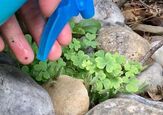

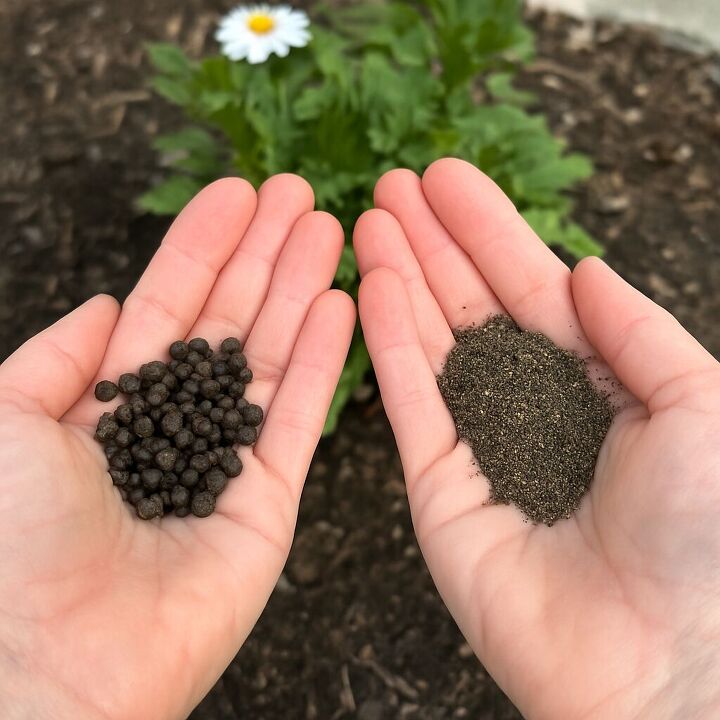



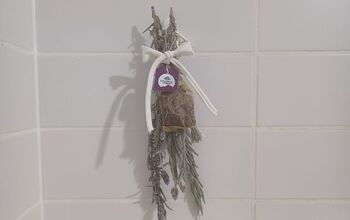


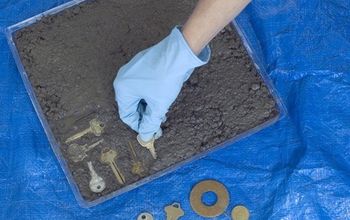
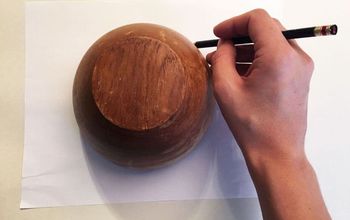




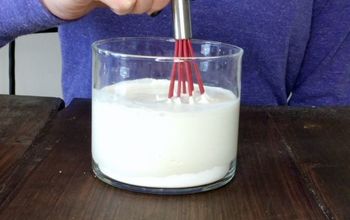
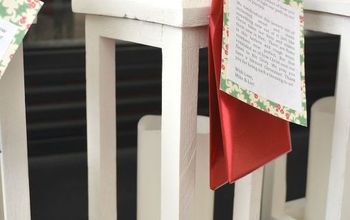
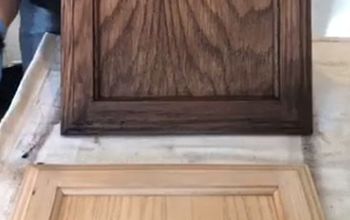
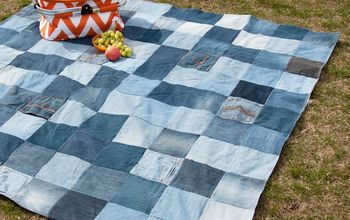


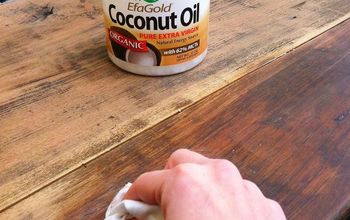
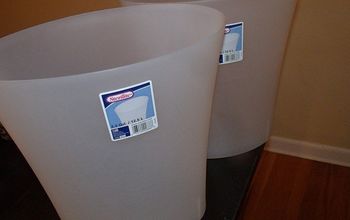


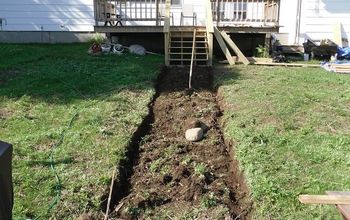






Frequently asked questions
Have a question about this project?
Will this work on ants?
Will it keep dogs from digging holes in the yard?
Will this repel snails?